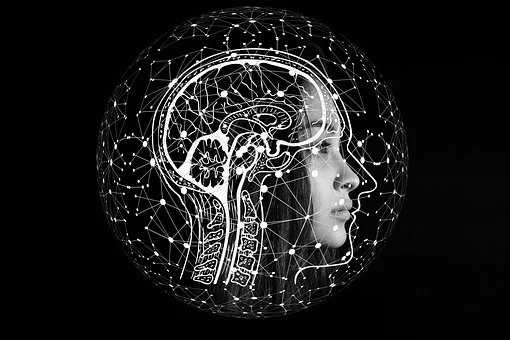
Massachusetts Institute of Technology is known for its extraordinary research and development. Recently, representatives of the institute published the results of an interesting study. MIT neuroscientists have found that when coding, the activity of the brain differs significantly from its activity when performing mathematical operations or during speech processing.
There is an opinion that programming itself resembles the process of learning a foreign language. Technically, there are common points, but in fact, to the brain, things don't look exactly the same. To find out which parts of the brain are responsible for coding, MIT scientists scanned the brains of volunteer developers as they worked. The young people worked using the textual Python language and the ScratchJr graphic language.
The study found that the parts of the brain responsible for processing information about the language were not involved in the coding process. But scientists have noticed activity in those parts of the brain that begin to work in the course of solving complex mathematical problems.
With mathematical problems, everything is not so simple: according to recent studies, when solving problems in logic and mathematics, the left hemisphere works more actively. And when searching for answers to spatial navigation problems, the right hemisphere is more involved.

So, coding activates both hemispheres at once. It turns out that despite the fact that coding is more like mathematics, in reality everything is not quite so.
How else programming affects the brain

Programmers are known for specific thinking. Scientists have long studied the effects of programming on thinking. Here are three interesting takeaways.
1. Programming shapes our way of thinking and lays mental models .
How does this happen? It turns out that the language with which you started acquaintance with programming is important. It could be any language, including the obsolete Basic or Pascal.
But, in any case, the idioms of the first programming language strongly influence the vision of structures, building a logical tree, building an algorithm, and so on.
There is also an opinion that proficiency in two programming languages at the same level is almost impossible: one of them will always be "native", and the second, third and all the rest - additional.
2. Writing code affects our health by strengthening it.
The brain, like a muscle, can (and should) be trained. Research on the impact of programming on student ability dates back to the late 20th century. Then there was an improvement in indicators on tests of cognitive abilities among students who know how to program or have experience in writing code.
An eight-year-old study statesthat the degree of brain activity is influenced only by specific types of activities that require training and involve constant problem solving and overcoming difficulties. Programming does not directly affect our health, but improves the current state of the brain, positively affecting the efficiency of the thinking apparatus, cognitive abilities, etc.
3. Programming is also speech.
As mentioned above, when a developer is coding, the areas of the brain responsible for language functions are dormant. The situation is different when a programmer reads someone else's code. During the study of fragments of the source code by programmers, the authors of the project conductedfMRI scans of their brains. As it turns out, developers' code review involves areas of the brain that are usually associated with speech processing, memory, and attention:
- middle frontal gyrus - is responsible for attention, language, working memory;
- middle temporal gyrus - associated with the search for semantic memory;
- the inferior parietal lobe is used for short-term memory;
- inferior frontal gyrus - associated with RAM and language.
